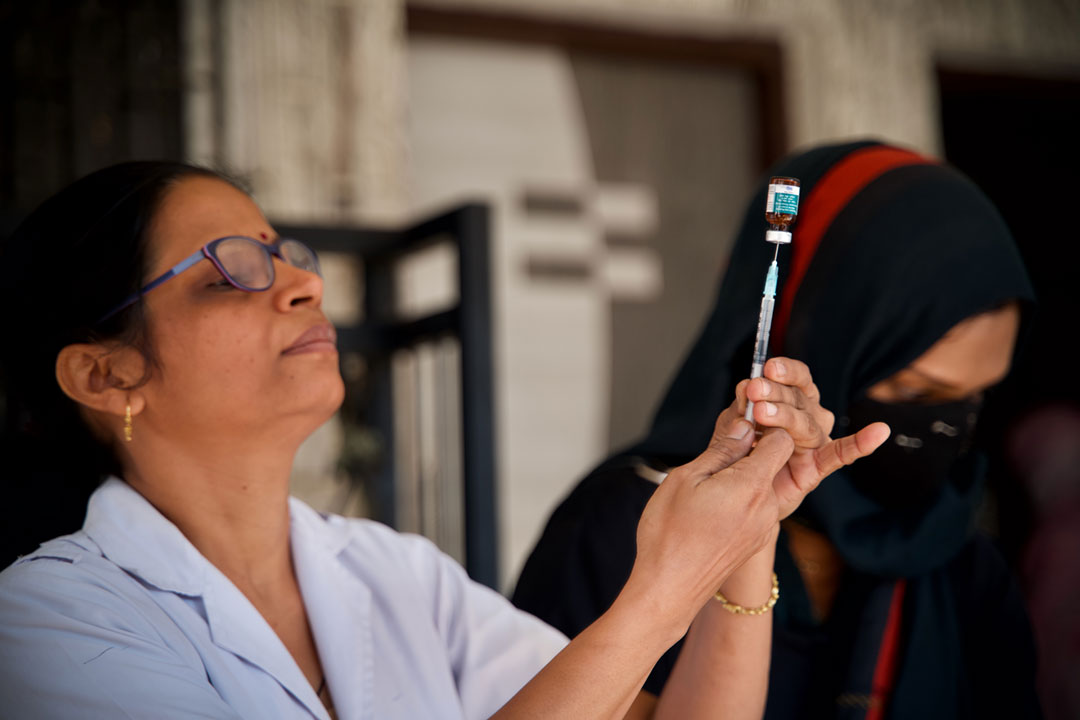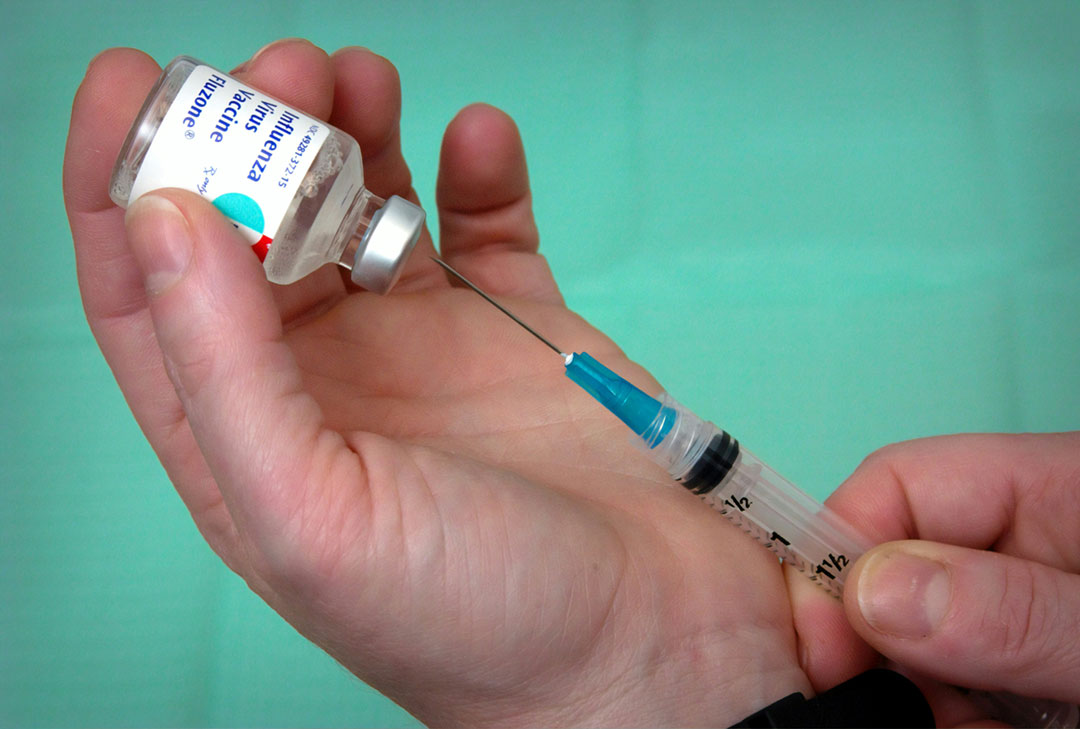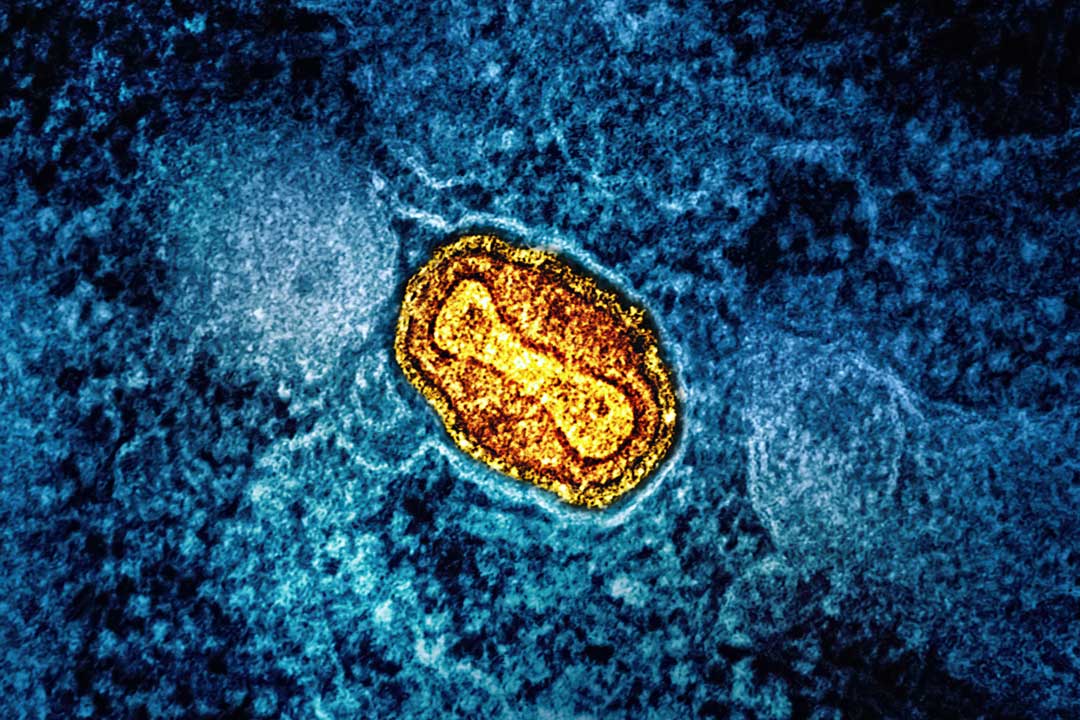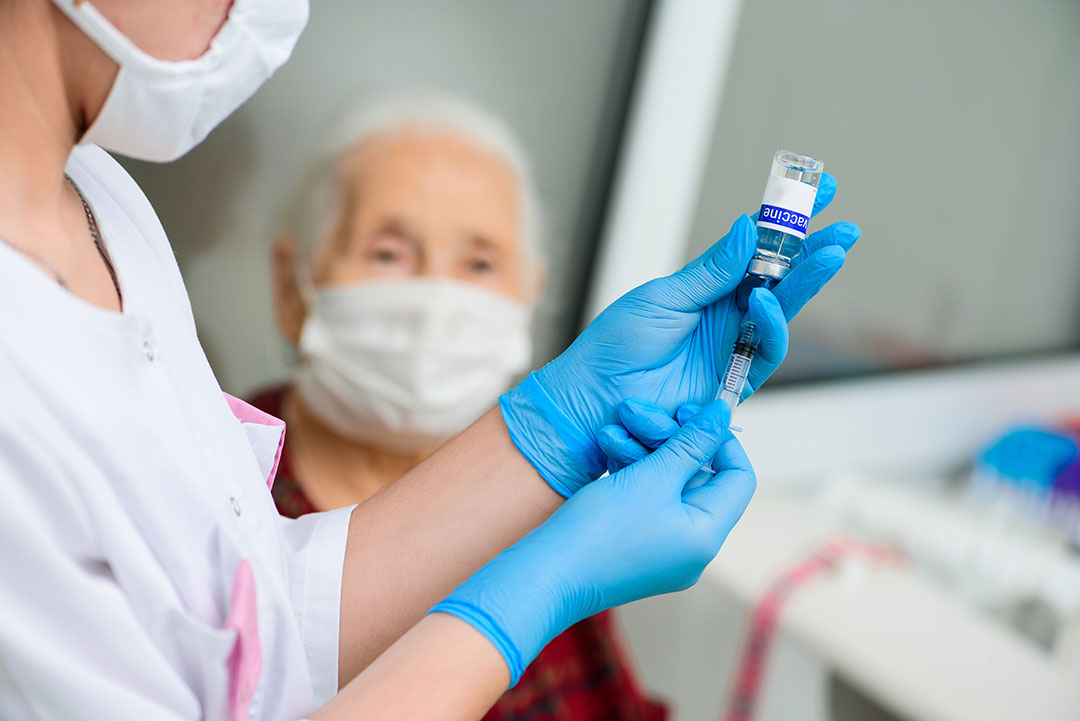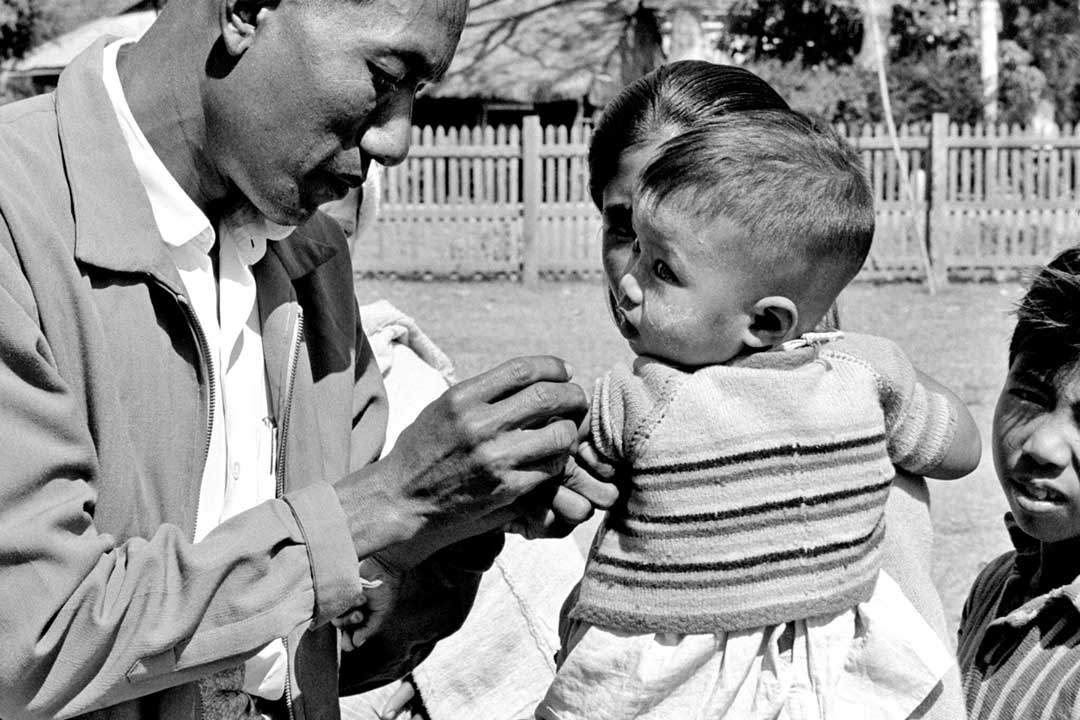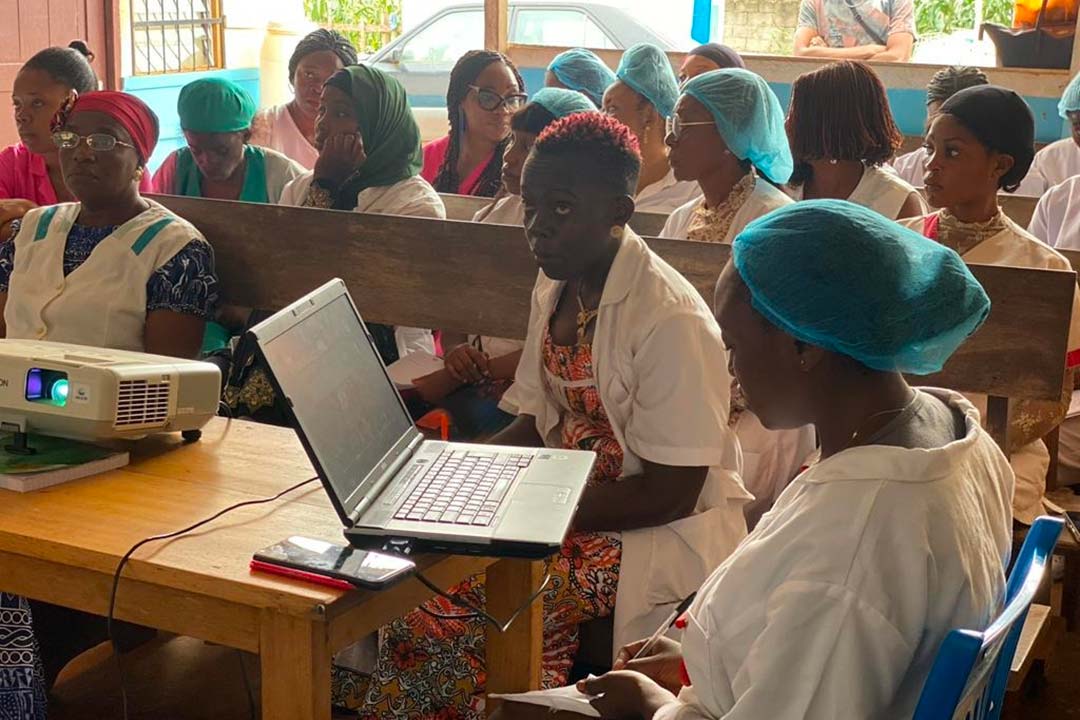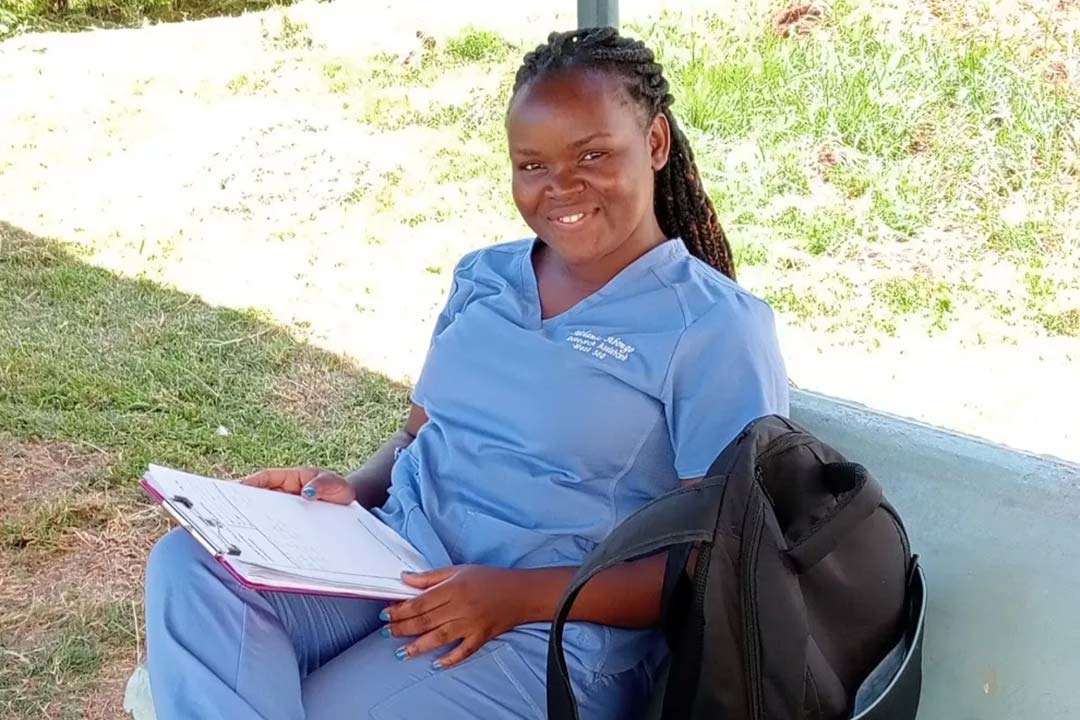Can I catch COVID-19 from Christmas wrapping paper?
Coronavirus can survive on surfaces, so should unwrapping presents be considered risky? We examine the evidence.
- 16 December 2020
- 3 min read
- by Linda Geddes

Since the beginning of the pandemic, we’ve heard that coronavirus can be transmitted through contaminated surfaces. As people gear up to celebrate a somewhat unusual festive period, exchanging presents is a tradition that’s likely to be honoured, even with physical distancing precautions in place. So how do we avoid giving the gift of COVID, alongside that pair of festive socks?
Hand hygiene is the most important measure. Before wrapping presents, you should wash your hands with soap, or sanitise them using hand alcohol gel.
The main way people catch COVID-19 is through inhaling tiny virus-laden droplets expelled by infected individuals when they cough, sneeze, talk or breathe. This is why the risk of transmission is reduced when people keep their distance from one another, wear masks and avoid congregating indoors.
However, these virus-laden droplets can also land on surfaces, or be smeared onto them by infected people touching their faces, and then the surface without disinfecting their hands. This is known as ‘fomite’ transmission. Various experiments have demonstrated that coronavirus or viral RNA can be detected on surfaces for periods ranging from hours to weeks - particularly in health care facilities where COVID-19 patients are being treated, where there is plenty of virus available for contamination to occur.
Have you read?
Exactly how long depends on the temperature and humidity of the environment and the type of surface - with the virus appearing to survive longer on smooth surfaces, such as metal and plastic, than on rough surfaces like paper or card. So, handling wrapping paper that has been touched by an infected individual, is likely to be lower risk than handling a bowl of vegetables which they’ve passed to you.
Also, as the World Health Organization points out, despite consistent evidence demonstrating the survival of the virus on certain surfaces, there are no specific reports that have directly demonstrated fomite transmission. “People who come into contact with potentially infectious surfaces often also have close contact with the infectious person, making the distinction between respiratory droplet and fomite transmission difficult to discern,” it says. “However, fomite transmission is considered a likely mode of transmission for SARS-CoV-2, given consistent findings about environmental contamination in the vicinity of infected cases and the fact that other coronaviruses and respiratory viruses can transmit this way.”
So, even if the risks are low, it is worth being aware of them and taking steps to mitigate these risks as much as possible.
Hand hygiene is the most important measure. Before wrapping presents, you should wash your hands with soap, or sanitise them using hand alcohol gel. You should also do this after unwrapping presents: even if wrapping paper is contaminated, by immediately disinfecting your hands, you will destroy any virus you have picked up. The same applies to Christmas crackers.
It may also be worth unwrapping presents slowly, rather than ripping off the wrapping paper and waving it about. Again, if any virus is present, you are less likely to launch it into the air, where you could potentially inhale it. Quarantining presents, by putting them under the Christmas tree early, and leaving them for several days, is another sensible strategy. And the often customary practice of sneaking an inquisitive feel of your presents should probably be avoided.
But bear in mind that the risk from wrapping paper remains small, and a far greater risk would come from getting close enough to someone to hand it to them directly, when you might inadvertently breathe virus onto them.
Exchanging presents is a joyous thing. And with a little preparation, there’s no reason for coronavirus to spoil that pleasure.
